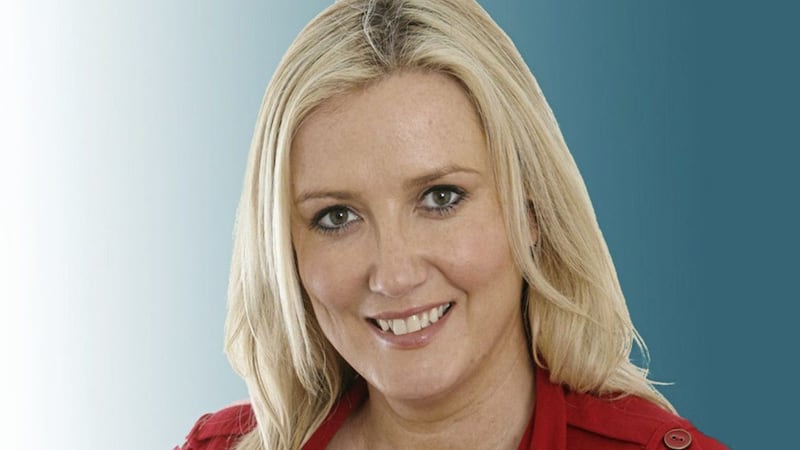Last year was the most tumultuous year in local politics since before the process that brought relative peace to Northern Ireland.
It was the 20th anniversary of the Good Friday Agreement in April and the key players all joined together in quite a remarkable look back at an event held in Queen's University, Belfast.
It was a reminder of just what an historic, ground breaking and politically brave time that was.
It was also a reminder of how more recently that process has failed - we were celebrating the wedding anniversary of a divorced couple.
This month marks the second year that Northern Ireland will be without an assembly.
That would and should create public outrage, but the other major event of 2018, the RHI inquiry, opened the door on just what it is we are missing, the truth being not very much.
The level of dysfunction in the last assembly, highly paid, unelected, power hungry special advisers calling the shots, working for party gain rather than the good of the electorate, was shocking to many.
The level of incompetence and ego among some ministers, from both the DUP and Sinn Féin during oral evidence to the inquiry, was again grating to the public.
What it also did was further scupper the chances of a return to Stormont any time soon. The smaller opposition parties would be daft to compromise themselves by going back into government with such unresolved problems.
Sinn Féin, who collapsed the assembly as a reaction to the outrage at a lack of progress within their own community, have nothing to gain by rushing back into such a set up that without reform will simply produce more of the same.
A negotiation reaching a begrudging compromise will not provide the sustainability or resilience needed to maintain a long term, functioning, accountable and productive government.
That does not mean that things can continue as they are. On the first day of this new year a raft of new legislation came into effect in the south.
Not just reform of abortion as voted for in the historic repeal referendum, but legislation to strengthen domestic abuse laws.
The Domestic Violence Act 2018 includes measures such as an extension to eligibility for safety orders for young women experiencing abuse in dating relationships, coercive control is now legislated for and specialist out of hours courts will give greater access to protective justice.
Here in Northern Ireland the Domestic Abuse Bill, which would have introduced stalking and coercive control laws, gathers dust in the absence of an executive.
The excellent draft Gillen report into reforming the way courts in Northern Ireland deal with cases of rape and sexual abuse also requires new legislation that again relies on a functioning executive.
The survivors of historical abuse and those campaigning for pensions for injured Troubles victims have been left in a state of unacceptable limbo for yet another year.
The Secretary of State Karen Bradley could push to have all these issues, as well as those of outstanding inequality such as same sex marriage, legislated for in Westminster.
Chances are she’ll do no such thing.
And that’s all before we even touch on this year’s biggest political development and that’s working out what kind of Brexit the Conservative government can deliver and what that will mean for Northern Ireland.
With no clear majority for any of the proposed ways forward don’t be surprised if further elections in the form of either a second referendum to ratify what the people actually voted for, or if Theresa May fails completely yet another general election.
In Northern Ireland we will go to the polls in May to vote in the local council elections and already electioneering has started.
In the last council elections in 2014, the DUP secured 130 seats, Sinn Féin 105, the UUP 88, SDLP 66 and Alliance 32.
Belfast City Council, Newry, Mourne and Down, Mid-Ulster, Fermanagh and Omagh and Derry City and Strabane District Council have a majority of nationalist councillors.
Arlene Foster in her New Year message played the project fear card saying the election would be an opportunity for people to "give their verdict on their nationalist and republican controlled councils".
What, if any, difference recent scandals will have on the vote remains to be seen, I suspect not very much and once again the smaller parties will likely suffer.
We’ve become used to political turmoil in these parts, which is just as well given what the next 12 months holds.








